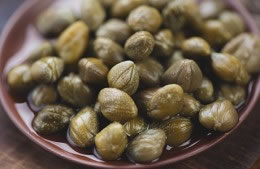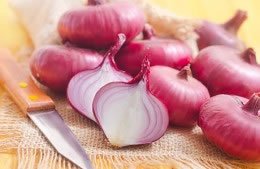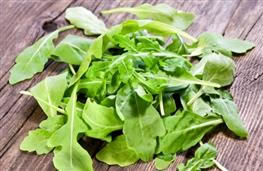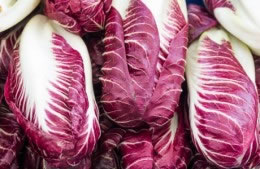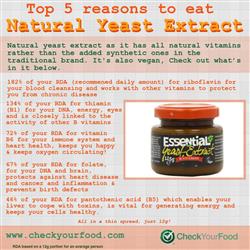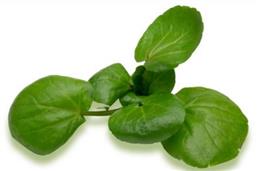Natural Hay Fever Remedies - The Truth
Start your defence now, before hay fever season starts!
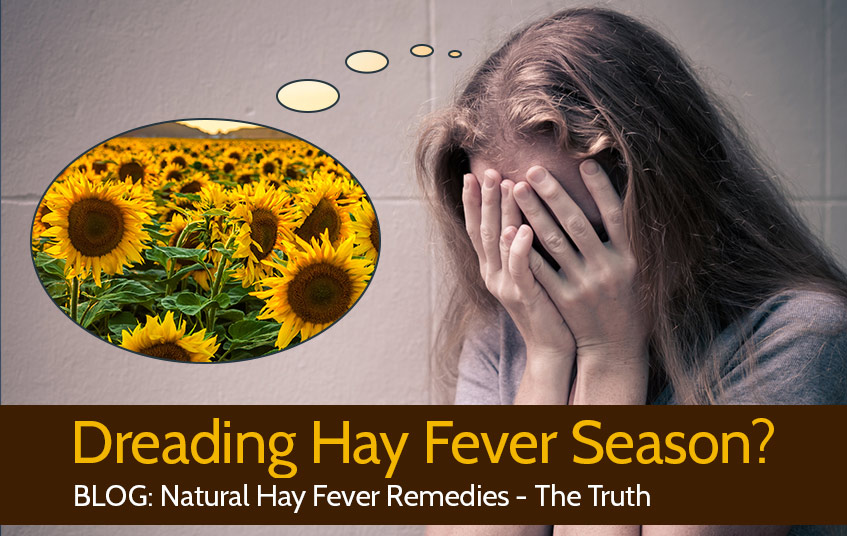
Share
Hay fever season is almost upon us!
I don’t know about you but every year hay fever season hits me, without me remembering that I have it every year. So, I suddenly start sneezing, my nose is running and my eyes start itching and I’m wondering what’s going on, then the penny drops!
What is hay fever?
Hay fever is also known as SAR, no I’ve never heard of the abbreviation either, but its short for seasonal allergic rhinitis. It is an allergic reaction to pollen, when these tiny particles come into contact with the cells that line your mouth, nose, eyes and throat; they irritate them and trigger an allergic reaction.
Most people with hay fever are allergic to grass pollen, released during the end of spring and beginning of summer but it can also be caused by tree pollen, released during spring and weed pollen, released late autumn.
Symptoms include: sneezing, a runny nose and itchy eyes.
So what can you do?
Well, most people rush to the pharmacy and stock up on hay fever drugs (antihistamines). Antihistamines work by blocking histamine, a substance which is released by the immune system cells, which then attaches to the receptors in blood vessels, causing them to enlarge. While they do work they also have side effects such as drowsiness.
These is a lot of advice on what you can do to minimise pollen intake, Allergen UK recommends these:
- Monitor pollen forecasts daily and stay indoors wherever possible when the count is high
- Use a saline nasal wash to remove pollens and allergens
- Apply an effective allergen barrier balm, around the edge of each nostril to trap or block pollens, Vaseline works.
- Keep windows closed when indoors. Keep car windows closed when driving.
- Avoid mowing lawns or raking leaves yourself.
- Wear wraparound sunglasses when outdoors to keep pollen allergens out of your eyes
- A hat with a peak or large brim can help keep pollens from your eyes and face
- Avoid drying washing on a clothes-line outside when pollen counts are high
- Don't let pets get close to your face as they can carry pollen in their fur.
- Exercise more, the UK-based National Pollen Aerobiology Research Unit has found that regular exercise can improve your hay fever.
Some of those are fairly obvious, if you have hay fever you pretty much know what you shouldn’t do, but what can you do to try and prevent it?
How about food?
It surprises me that neither the NHS nor Allergen UK talks about food as a preventative for hay fever. So I thought I’d let you into what I’ve found out about more natural ways to try and prevent your symptoms.
Local honey - Does it work?
Local honey is often touted as a preventative for hay fever. So, a couple of years ago, as we are always on the lookout for natural ways to look after ourselves we tried it. Well, actually Ric who suffers quite badly from hay fever tried it and nothing, it didn’t work.
So we looked for the research behind it and it was birch pollen honey for birch pollen allergy and not any local honey. So unless your hay fever is specifically from birch pollen and you have birch pollen honey then is probably best to leave that remedy alone.
Quercetin - A natural anti-histamine
According to other research quercetin has been proven to ‘possess many biological activities including anti-allergic activity. It inhibits histamine’
Quercetin is a flavonoid, and certain classes of flavonoid can ‘reduce airway hyper responsiveness, which is accompanied by lowered inflammatory mediators such as histamine and cytokines, and cell infiltration’
So we thought we’d put this to the test as well. Last year Ric, looked up the best foods for quercetin and started eating more of these. He reported that he didn’t need to resort to hay fever tablets at all. While I only suffer from mild hay fever Ric is normally almost incapacitated by it, usually he’d be continually sneezing and have incredibly itchy eyes. So this was quite miraculous.
Nettle tea
Nettle has been used for hundreds of years to treat a variety of disorders from hay fever to hypertension. The hairs on the leaves that cause the stings contain histamine. Clinical evidence shows that freeze-dried extracts of nettle reduce allergy symptoms. Check out the research here. Nettles also have high amounts of flavonoids.
We had feedback from a some of our readers saying they swear by nettle tea.
So, just a few years ago, when I was once again surprised by my hay fever, I decided to try nettle tea. I use loose dried nettles to make my tea, in one of those little individual baskets that you use for loose tea and pop in the cup, and I have to say the results were pretty immediate. My eyes stop itching almost straight away!
It doesn’t last all day, I average 3 cups a day, but I was pretty impressed. My eyes are normally streaming as well and that didn't happen. In 2021 I spent a month looking like I was crying all the time, but for the last couple years, I've been close to normal.
Probiotics
Probiotics are 'good' bacteria that live in the gut and a healthy gut is an important part of keeping you healthy.
Researchers from the University School of Medicine in Nashville carried out a review of 23 trials investigating the effect of probiotics on allergic rhinitis. 17 studies showed benefits from the use of probiotics in at least one outcome measure, 6 found no benefit.
This was their conclusion:
‘Probiotics may be beneficial in improving symptoms and quality of life in patients with allergic rhinitis: however current evidence remains limited. Additional studies are needed to establish appropriate recommendations’. See the study here
As gut health is incredibly important for your overall health the use of probiotics for hay fever can’t hurt and may be beneficial as 17 of the studies found.
Probiotic food is fermented creating live bacteria and yeasts that promote good gut health. The most popular probiotic foods are yogurt especially kefir and sauerkraut both of which contain many strains of good bacteria.
Vitamin C - Is it worth it?
Vitamin C is often said to be a natural antihistamine but I searched for evidence of research to back this up. All of the research concludes that you would need to take massive doses for it to work. By massive doses they mean the amount that almost causes diarrhoea. Doses of 500mg would be needed a day, to achieve tissue saturation, that’s over 5 times the RDA (recommended daily amount) Check it out here.
Other research from 1992 found that a massive 2g of vitamin supplementation was needed to depress histamine levels.
Now I don’t know about you but I don’t want to be having so much vitamin C that I almost have diarrhoea!
So what’s the conclusion?
Well, after all this research the solution seems to be to eat quercetin rich foods, backed up with food that is probiotic and/or a cup of nettle tea!
I wrote this blog a few years ago and have had a lot of feedback from people eating capers and quercetin rich foods.. The conclusion for most people was that it worked!
Although it didn't work for me, but the nettle tea did. So you'll need to experiment to find what works for you.
The other feedback was to start early, before your hay fever hits, so you've built up a reserve to start tackling the dreaded symptoms before they start.
Good luck. I’d love to know if you’ve found this useful or if you have a hay fever food that works for you. If you know anyone else who would love this please share
How do you know if you are getting enough?
To find out how to get enough of the foods to keep your hay fever at bay, start keeping a food diary. It’s simple with CheckYourFoods, food diary, you can use it for free, just click the link below.
Now check these out
Love this? Get blogs and more in your inbox
Subscribe to receive our blogs plus each weeks featured ingredient, recipe and nutrient in your inbox
Thank you for registering

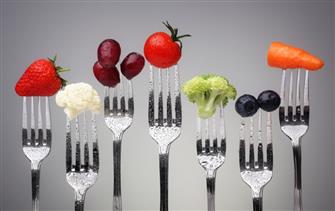 About nutrients
About nutrients
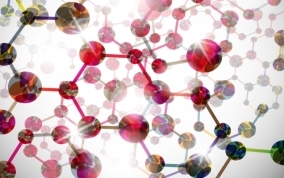 All nutrients
All nutrients
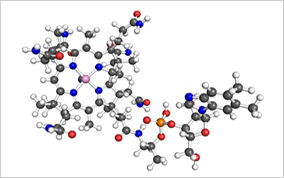 vitamins
vitamins
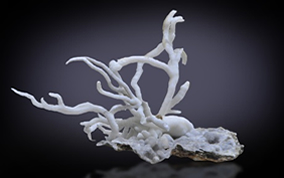 minerals
minerals
 phytochemicals
phytochemicals
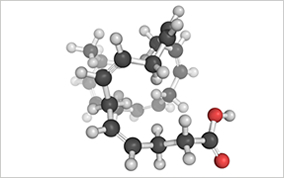 fatty acids
fatty acids
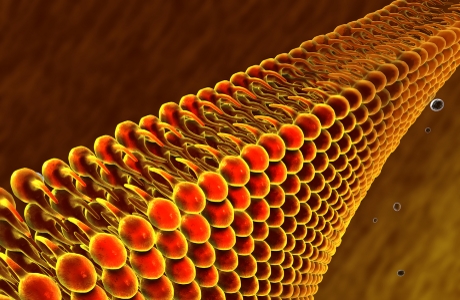 macronutrients
macronutrients
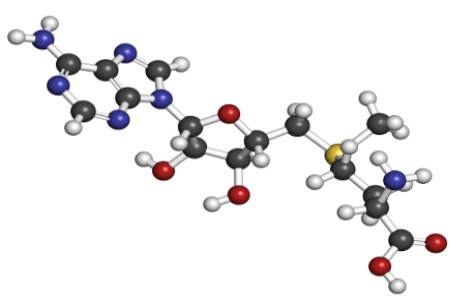 amino acids
amino acids


